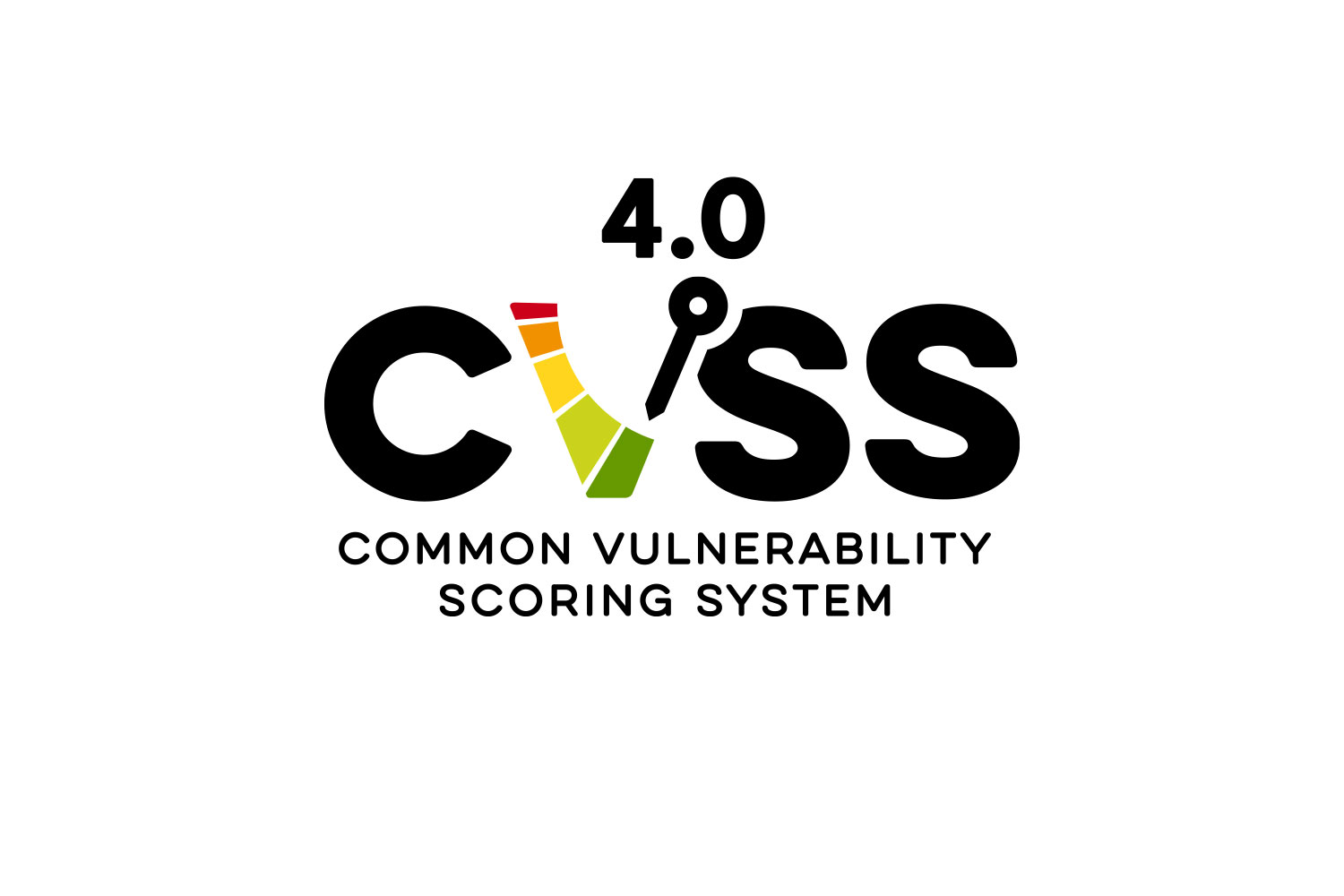Today, cyber security is in a process of continuous development in order to cope with rapidly evolving threats. In line with increasing cyber threats, cyber security measures of institutions are becoming an important responsibility. In this context, penetration tests play a critical role in detecting and remediating security vulnerabilities.However, the way these tests are carried out requires attention to important ethical issues, such as compliance with ethical rules.
The main purpose of penetration testingcan be summarized as detecting potential weak points and eliminating these weaknesses by testing the information systems of institutions or organizations against attacks. However, during this evaluation process, it is a great moral responsibility for cyber security experts to comply with ethical rules and protect customer privacy. The main goal is to increase cybersecurity and make digital assets safer.
Determining the boundariesis one of the important steps that form the ethical framework of penetration tests. These limits should be clearly stated when determining the scope of penetration testing and during communication with the customer. Not exceeding the limits determined and permitted within the scope ensures that security experts comply with ethical standards and protects customer trust. It is important to establish an open communication and cooperation environment between security experts and the customer at the beginning. This is critical for understanding the customer's expectations, setting boundaries, and addressing potential problems in advance. Clear and concise communication ensures that both parties manage the penetration testing process actively, effectively and smoothly.
Privacy, another important issue, requires approaching the confidentiality of the information obtained during the penetration test with great respect and sensitivity. This information should only be used to serve the purpose of the penetration test within the scope, and customer private information should never be shared anywhere without permission. This means that penetration testing can be carried out without damaging customer trust, which is critical for the reputation of institutions.
Good Practice Examples::
It includes key elements that strengthen penetration testing ethics. These examples include storing the findings securely, reporting to the customer regularly, transparently and with certain sensitivity, and using the test results only for specified purposes. The mentioned steps ensure that the penetration test is carried out within an ethical framework and play a role in supporting a reliable cooperation with the customer.
Ensuring Information Security: Security of information obtained during penetration testing is one of the key elements of an ethical penetration testing process. Storing this information securely, protecting it from unauthorized access and making it accessible only to authorized persons contributes to ensuring customer privacy and information security.
Regular, Transparent Reporting: An example of good practice is regular and transparent reporting of the penetration testing process. Providing the customer with regularly updated information, communicating the progress of the test in an understandable way, and transparently sharing possible risks enables a reliable business partnership.
Active Communication and Collaboration: Ethical practices in the penetration testing process include active, effective communication and collaboration. Being in constant communication with the institution, sharing the stages of the test and allowing the institution's relevant teams to be involved in the process allows penetration testing to be carried out in an ethical manner.
Compliance with Privacy Policies: The use of the information obtained must be in compliance with the privacy policies determined by the institution. This ensures that the results of the penetration testing process can be used safely by the customer.
Training and Awareness: Security professionals should receive regular training and stay up to date on the ethical compliance of the penetration testing process. Providing information to the institution about the Penetration test process and raising awareness by making suggestions can also be considered an ethical practice.
Penetration testing ethics are seen as one of the elements that form the foundation of a trusted expert in the world of cybersecurity. Respecting the limits set within the scope, complying with ethical rules and focusing on the necessary use of the findings beyond the penetration testing process are of critical importance to ensure security in the cyber world. Adopting the stated values makes penetration testing processes more ethical, precise and reliable. These principles contribute to institutions strengthening their security strategies.
To request a quotation for the following: Cyber Security, Digital Transformation, MSSP, Penetration Testing, KVKK, GDPR, ISO 27001 and ISO 27701, please click here.












